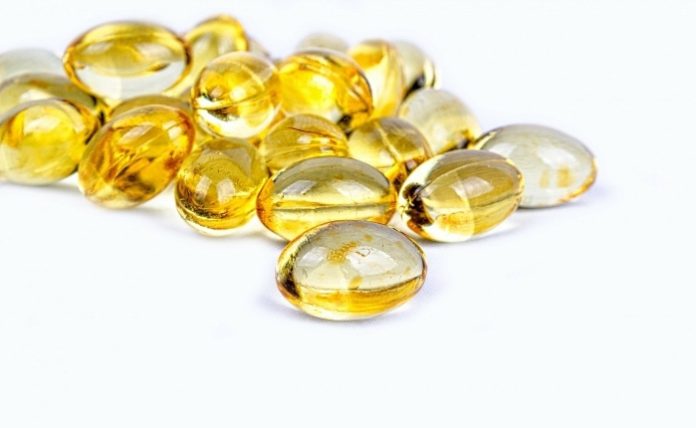Vitamin D is one of the most important yet overlooked nutrients. In fact, it’s estimated that over 41 percent of the population is deficient in this fat-soluble vitamin.
Few foods are naturally rich in vitamin D. A good source is cod liver oil, which provides more than half of the daily recommended intake per teaspoon. Salmon, tuna, sardines, and swordfish contain this nutrient too.
As you might have guessed, vegans and vegetarians are at greater risk for vitamin D deficiency. Therefore, if you’re wondering “How much vitamin D should I take,” consider your diet and lifestyle habits.
The thing is, your body produces this vitamin when exposed to sunlight. If you spend little time outdoors, consider taking a vitamin D supplement.
First, read on to find out more about this nutrient and how it benefits your health!
The Role of Vitamin D
Vitamin D plays a key role in bone health. Without it, your body wouldn’t be able to absorb calcium from food. This nutrient also regulates phosphorus and magnesium levels.
But that’s not all. The human body also needs vitamin D to build and preserve bone mass, synthesize collagen, and fight diseases.
According to a recent review, this nutrient may exhibit anti-inflammatory and anti-cancer effects. At the same time, it protects your heart and liver.
Vitamin D is particularly important for older adults, keeping their bones strong. As you age, your bone mass decreases. Therefore, you need more calcium and vitamin D to prevent bone loss.
Causes of Vitamin D Deficiency
As mentioned earlier, this fat-soluble vitamin can be obtained from food or through exposure to sunlight.
The problem is that it only occurs in a limited number of foods. This could explain why approximately one billion people worldwide are not getting enough of it in their diet.
Older adults, people with darker skin, vegans, and those living in cold climates are more likely to become deficient in this nutrient. Aging, for example, affects the body’s ability to absorb and process vitamin D. Plus, older people tend to spend more time indoors, which further raises their risk of deficiency.
Certain conditions, such as Crohn’s disease and ulcerative colitis, reduce the gut’s ability to absorb fat. As a result, vitamin D cannot be properly synthesized.
If you’re at risk, it makes sense to take vitamin D supplements, such as those from www.advancedliving.com/. This may help lower your risk of osteoporosis, recurring infections, depression, and other health problems linked to vitamin D deficiency.
How Much Vitamin D Should I Take?
Vitamin D requirements depend largely on your age. The daily recommended intake is 15 micrograms for children and adults under 50 and 20 micrograms for those over 71 years old. If you’re pregnant or breastfeeding, aim for at least 20 micrograms per day.
Depending on your diet, you may or may not need vitamin D supplements. Generally, these products are a good choice for those who are at risk for deficiencies.
If, say, you have a cold and need to stay home until you get better, consider taking vitamin D in supplement form.
Keep Your Bones Healthy and Your Immune System Strong
Getting enough vitamin D is essential for optimal health, regardless of age. Your body needs this nutrient to regulate its mineral levels, fight infections, and build strong bones.
Still wondering “How much vitamin D should I take?” If you’re not sure, reach out to your doctor. He or she can order blood tests to determine your nutrient requirements.
In the meantime, browse the rest of our blog for other tips on how to enjoy better health! We’ll show you how to choose the best CBD products, how to make a healthy BBQ, and more!
Image by PublicDomainPictures from Pixabay
Readers Might Also Like:
 An Employer’s Guide to the Workers’ Comp Claims Process
An Employer’s Guide to the Workers’ Comp Claims Process
 9 Life Hacks To Gain From Starting A Yoga Practice
9 Life Hacks To Gain From Starting A Yoga Practice
 The Health Benefits of Flaxseed
The Health Benefits of Flaxseed
 How Much Do Artists Really Get Paid For Streams – A Financial Breakdown
How Much Do Artists Really Get Paid For Streams – A Financial Breakdown

